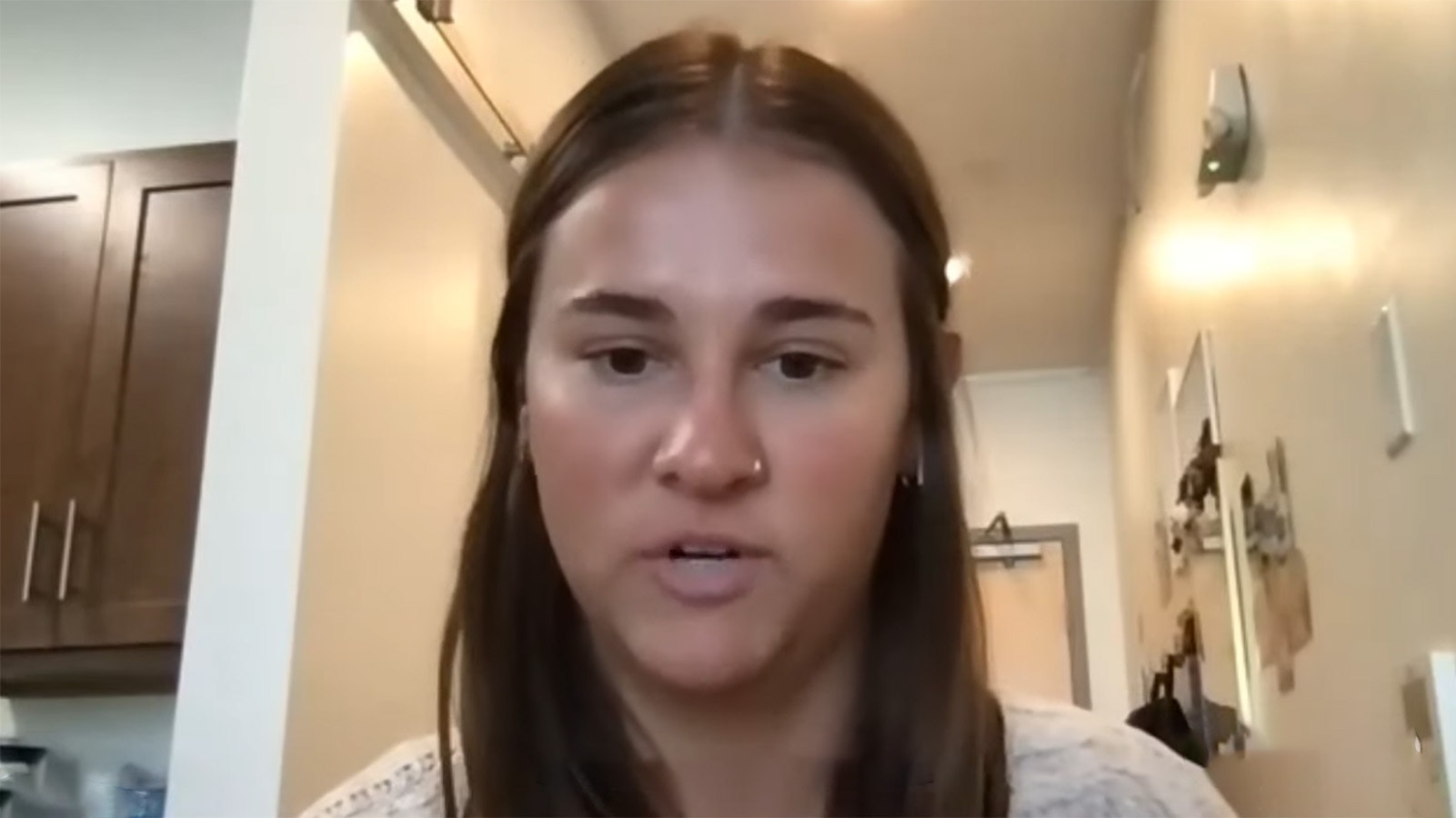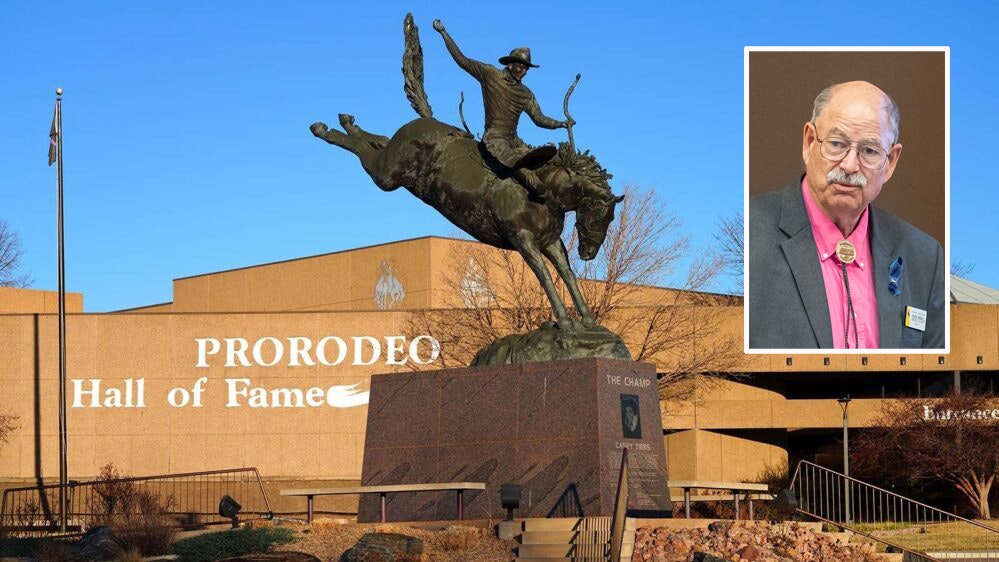A young woman from West Virginia pleaded with Wyoming lawmakers Tuesday to make people who send obscene photos to kids register for the state’s sex offender registry.
“When I was 12 years old, I was approached through social media by someone posting as a 16-year-old boy living in my state, who turned out to be my 31-year-old youth pastor,” said Maddi Morgan, who appeared Tuesday via Zoom to testify for the Wyoming Legislature’s Joint Judiciary Committee, which met in Casper this week.
Morgan is now a senior at Marshall University in Huntington, West Virginia, she said.
By moving from states with more harsh sex offender registry rules to Wyoming, where they’re not as strict, it essentially makes Wyoming a sanctuary state for offenders where they can avoid registering, she said.
Being Groomed
She said the man who cornered her at age 12 groomed her and sent her photos of himself performing obscene acts.
“For those of you that don’t know what grooming is, it’s when someone builds a relationship of trust or emotional connection with a child or young person so they can manipulate, exploit or abuse them,” she said.
Authorities arrested the man, and he was convicted of violating West Virginia’s obscenity statute, 61-8A-2. The law makes it a felony to knowingly send obscene displays to a child. Offenders face up to five years in prison and $25,000 in fines, and they have to register for West Virginia’s sex offender registry.
Now the man lives in Wyoming, Morgan said.
When he moved, authorities told him to simply follow the registry laws of his new state, she added. But not all people convicted under Wyoming’s obscenity law have to register as sex offenders.
She asked the committee to change that.
“He’s now a member of your state — a father of young children, a church member,” she said. “This is enough for me to come out and say that everyone needs to hold him accountable for what he did.”
The law change wouldn’t just be for her, Morgan said. It would be for others whose predators find “a loophole” when the victims believed those predators would stay registered for life.
Morgan said there were also other victims in her case.
For Those Who Photograph Kids
Wyoming’s obscenity law is softer than West Virginia’s: it makes sending obscene materials to a child a misdemeanor punishable by up to one year in jail and $6,000 in fines.
Also, the state’s sex offender registry statutes say that for people convicted under the obscenity law, only the ones who produced obscene material depicting a child in a sex act have to register as sex offenders.
“So, therefore, he cannot be held to the lifetime requirement I was promised as a child,” Morgan said. “Even though I was promised justice, I don’t feel justice has been given to me since he found a loophole.”
Morgan said exposing people who send explicit images to kids by keeping them on the registry will help families protect kids, since children often don’t know to fear predators.
“We can keep predators from sending obscene messages and matter to these children, and we can get ahead of these children being groomed or worse,” she said.
Clair McFarland can be reached at clair@cowboystatedaily.com.





